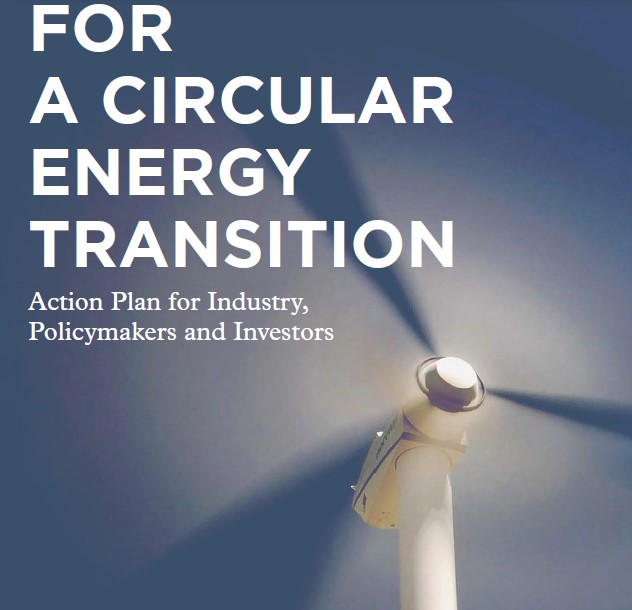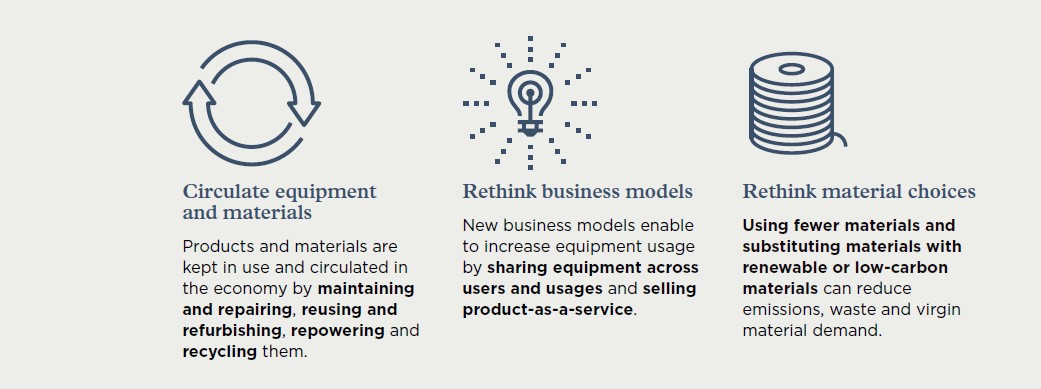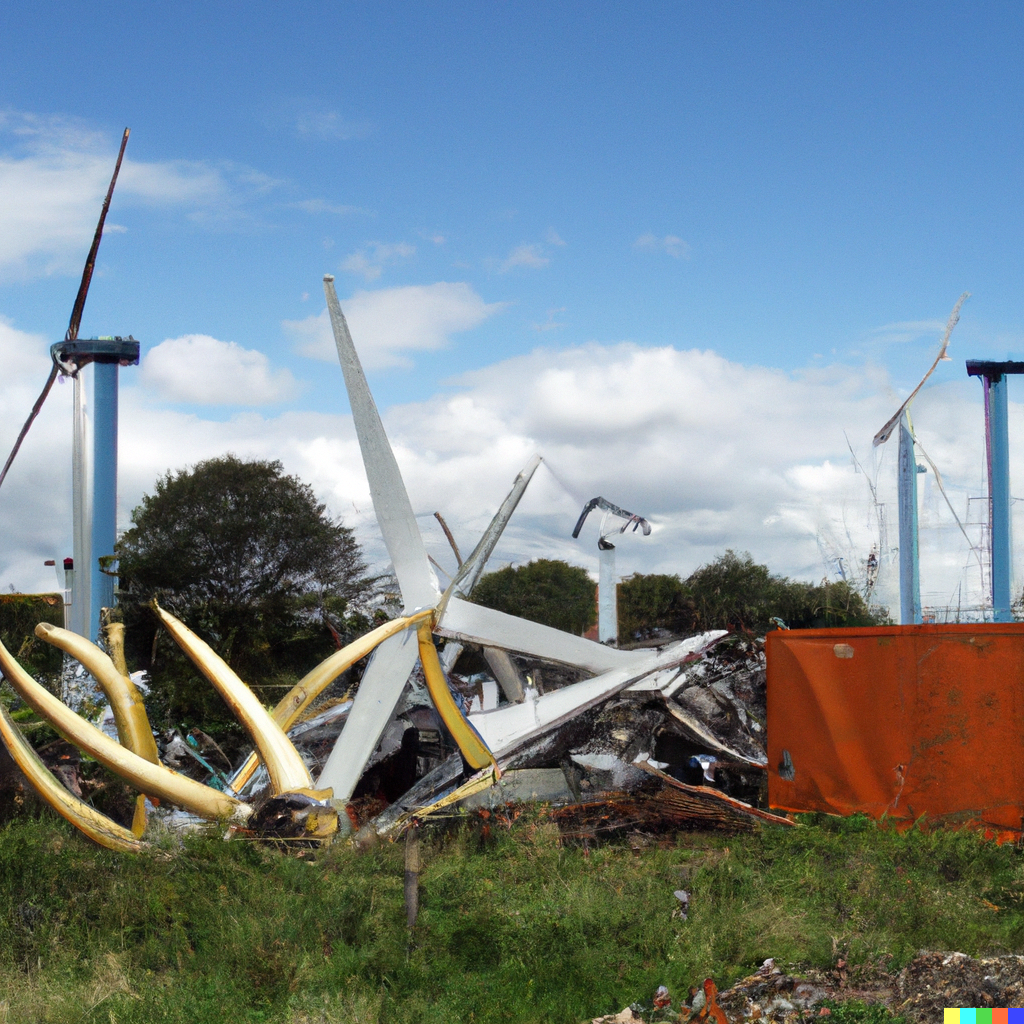Without doing so, the renewable energy sector risks becoming complicit with “greenwashing”.

The report has been produced by circular economy consultancy firm Gate C and commissioned by Green Purposes Company (GPC). The GPC says it “has one primary function: to protect the green purposes of the Green Investment Group”.
It makes recommendations on what more is needed to bring pace and scale to this “essential market” and is being launched in parliament later today in partnership in partnership with cross-party think tank Policy Connect.
An ‘action plan’ was also set out in the report, based on three main levers: Design assets for a circular economy; Build circular value chains; and, Create the right economic and policy conditions. This should be driven by industry players, policymakers and investors, Gate C said.
Market
Called, ‘For a Circular Energy Transition: Action Plan for Industry, Policymakers and Investors’, the report says the switch to renewable energy marks a shift away from a fuel-intensive system to a material-intensive one.
There will already be a “tsunami of waste” from 2030 from photovoltaic panels, wind turbines and lithium-ion batteries arriving at the end of life. It added that the recycling of solar panels, wind turbines and lithium-ion batteries “does not yet allow the recovery of most critical materials”.
Investing in recycling infrastructure is also risky and not always economically attractive, it added.
Circular
To reduce the overall demand for critical raw materials and minimise supply risks and negative environmental and social impacts, the renewable energy sector should transition toward a circular economy, the study says.
Three key circular strategies can be harnessed for the renewable energy sector, as outlined below.

Action plan
The action plan called for investors to require manufacturers to design assets for the circular economy to reduce upfront operations and dismantling costs of solar and wind projects.

It also called for policymakers to fund research and development on design for recycling to decrease recycling costs.
This includes introducing extended producer responsibility measures for the entire renewable energy sector to ensure dedicated and sufficient funding for the treatment of end-of life equipment.
Change
The report outlined that the transition to renewable energy is critical in achieving the target set by the Paris Agreement on climate change.
However, circular economy business models are needed to help decouple the renewable energy sector from material consumption.
The sector is already facing a “tsunami” of waste in 2030 when wind turbines and solar panels begin to reach end of life.
‘Critical’
GPC chair, Trevor Hutchings, said: “It is critical that in helping to address climate change the renewable energy sector does not inadvertently drive environmental problems elsewhere. At best, the sector is missing out on the growing economic opportunity and stronger supply chains that come from a circular economy, at worst, risks becoming complicit in ‘greenwashing’.”
This was echoed by report author, Rémy Le Moigne, who said: “The transition of the renewable energy sector to a circular economy is essential to ensure the reliability and resilience of critical materials supply. The circular economy can also help reduce carbon emissions and biodiversity loss, and become a source of new value creation and jobs.”
Report
For a Circular Energy Transition: Action Plan for Industry, Policymakers and Investors











Subscribe for free